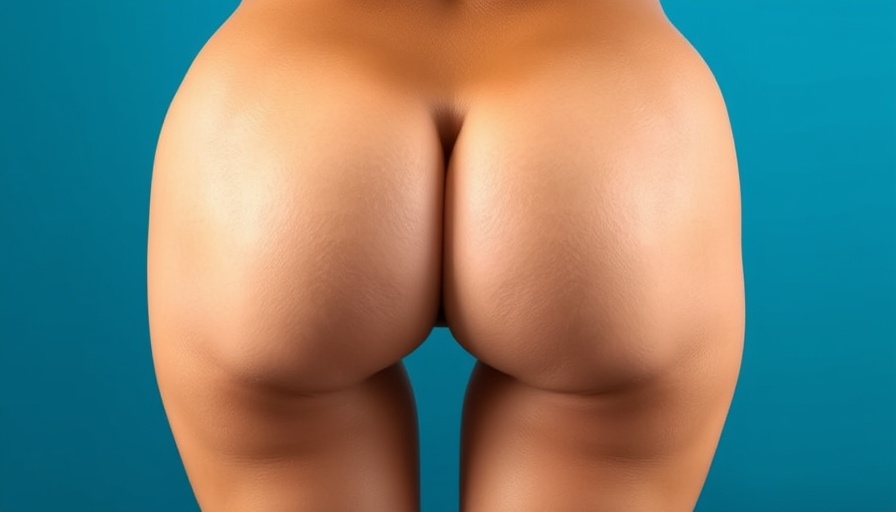
Understanding Hair Loss: Why Does It Happen on Our Scalp?
Have you ever wondered why hair falls out from your scalp but seems to be unaffected in other areas of your body? It’s a question that many people ponder, especially when they notice extra strands on their pillows or in the shower drain. Let’s dive into the fascinating world of hair growth and loss!
In 'Why does hair fall out of the scalp but not other parts of the body?', the discussion takes a closer look at the hair growth cycle and its implications, leading us to explore valuable insights on hair loss and emotional well-being.
The Hair Growth Cycle: A Peek Inside
Your hair goes through three distinct phases: anagen (growth), catagen (transition), and telogen (resting). Most of the hair on your scalp is in the anagen phase, meaning it’s actively growing. This is why you're likely to notice scalp hair loss more prominently. On average, we lose 50 to 100 hairs a day, and when you have a full head of hair, it often goes unnoticed. In contrast, hair on other parts of the body, like arms or legs, spend less time in the anagen phase, resulting in shorter lengths and different shedding patterns.
Understanding Why the Scalp is Different
The scalp is far more densely packed with hair follicles than other areas of your body. Think of it this way: while your arms have fewer hair follicles, your scalp has a healthy abundance. This density means that when hair does shed from your scalp, it's more noticeable than if a few strands fall from your arm.
The Emotional Impact of Hair Loss
For many, seeing hair fall out can be distressing. Hair is often tied to our identity and self-esteem. As a patient care coordinator, I've seen firsthand how hair loss can impact someone emotionally, leading to feelings of anxiety or insecurity. It’s important to remember that you’re not alone in this experience. Many people go through similar feelings and can find support through both professional guidance and talking to friends or family.
What Can You Do About It?
If you're concerned about hair loss, there are steps you can take to manage it. Here are a few practical tips:
- Consult a Professional: Reaching out to a hair specialist can give you insights tailored to your specific situation.
- Nutrition is Key: Ensure you're eating a balanced diet rich in vitamins and minerals that promote hair health.
- Gentle Hair Care: Avoid harsh chemicals and tight hairstyles that can strain your hair follicles.
Hair Loss Myths You Should Know
There are many misconceptions about hair loss. For example, some believe that frequent hair washing can cause hair loss, but that’s largely a myth. In fact, proper hygiene is vital for a healthy scalp. Recognizing these misconceptions can help reduce unnecessary worries about your hair care routine.
Embracing Change: Moving Forward with Confidence
It’s important to remember that while hair loss can be concerning, there are solutions available, and change can lead to new beginnings. Many individuals have turned to hair assessments or treatments that not only restore their hair but boost their confidence. Seek out holistic approaches that work for you, and remember that this journey is personal.
A Supportive Community
Take advantage of online platforms and support groups where you can connect with others experiencing similar hair concerns. Sharing your journey can alleviate feelings of isolation and may help you find new solutions while encouraging each other along the way.
In conclusion, understanding why hair falls out from the scalp but not other areas can help shed light on a common concern many of us experience. If you’re noticing more hair loss than usual, consider reaching out for professional advice. Remember, your hair doesn’t define you. Take each step toward understanding and embracing your own beauty!
 Add Row
Add Row  Add
Add 




Write A Comment